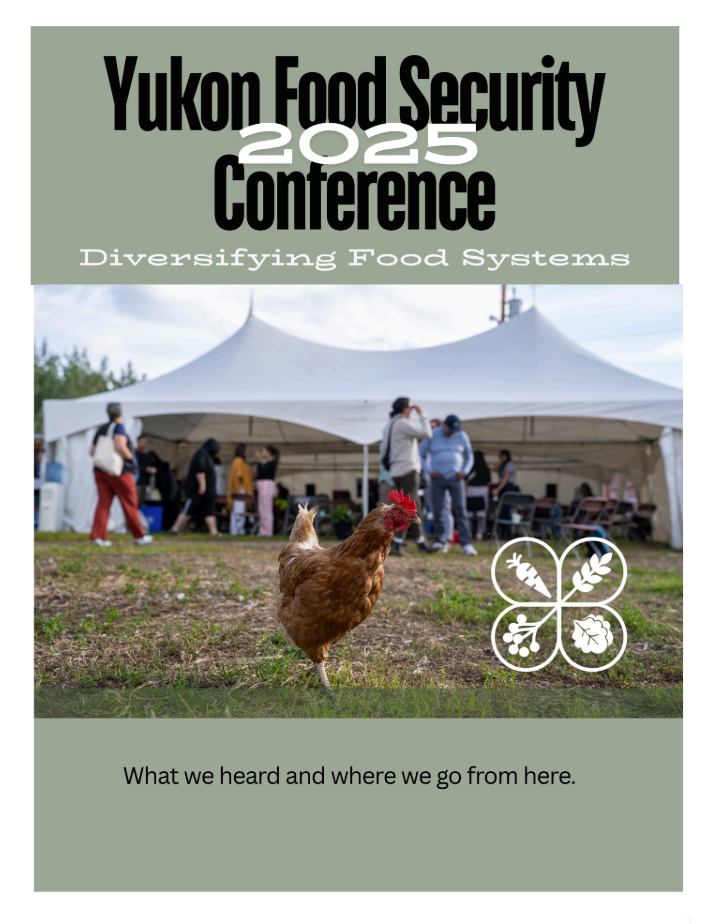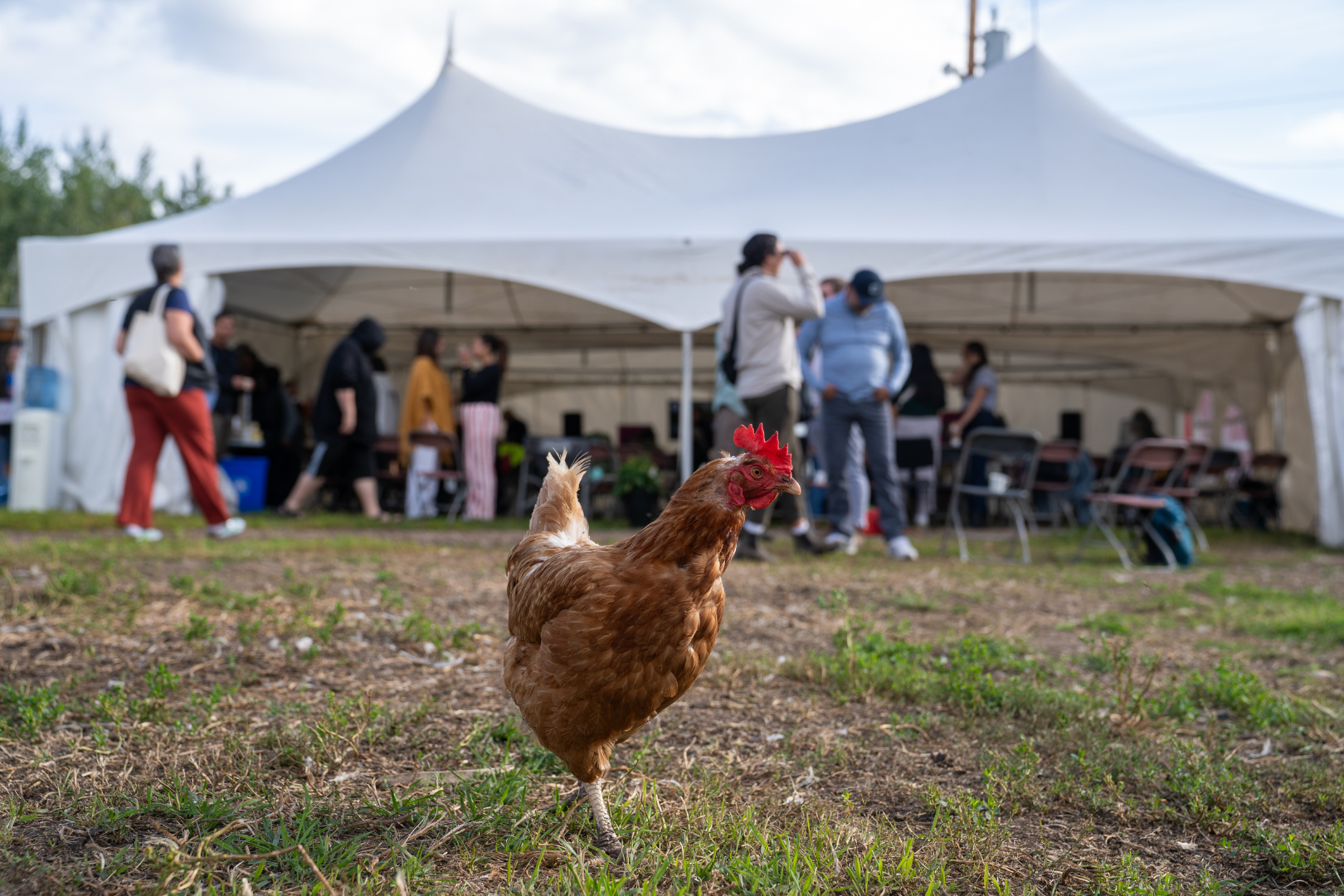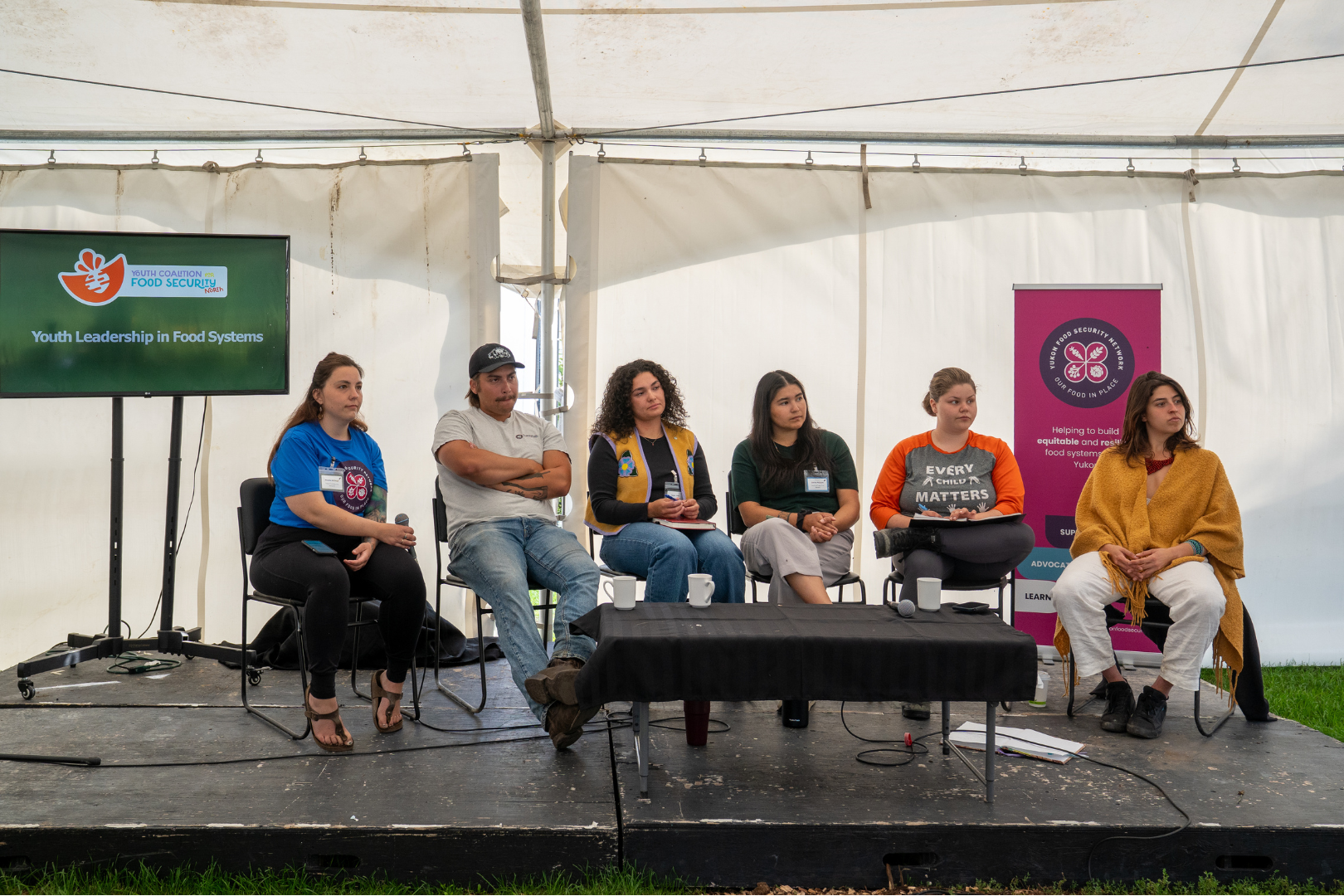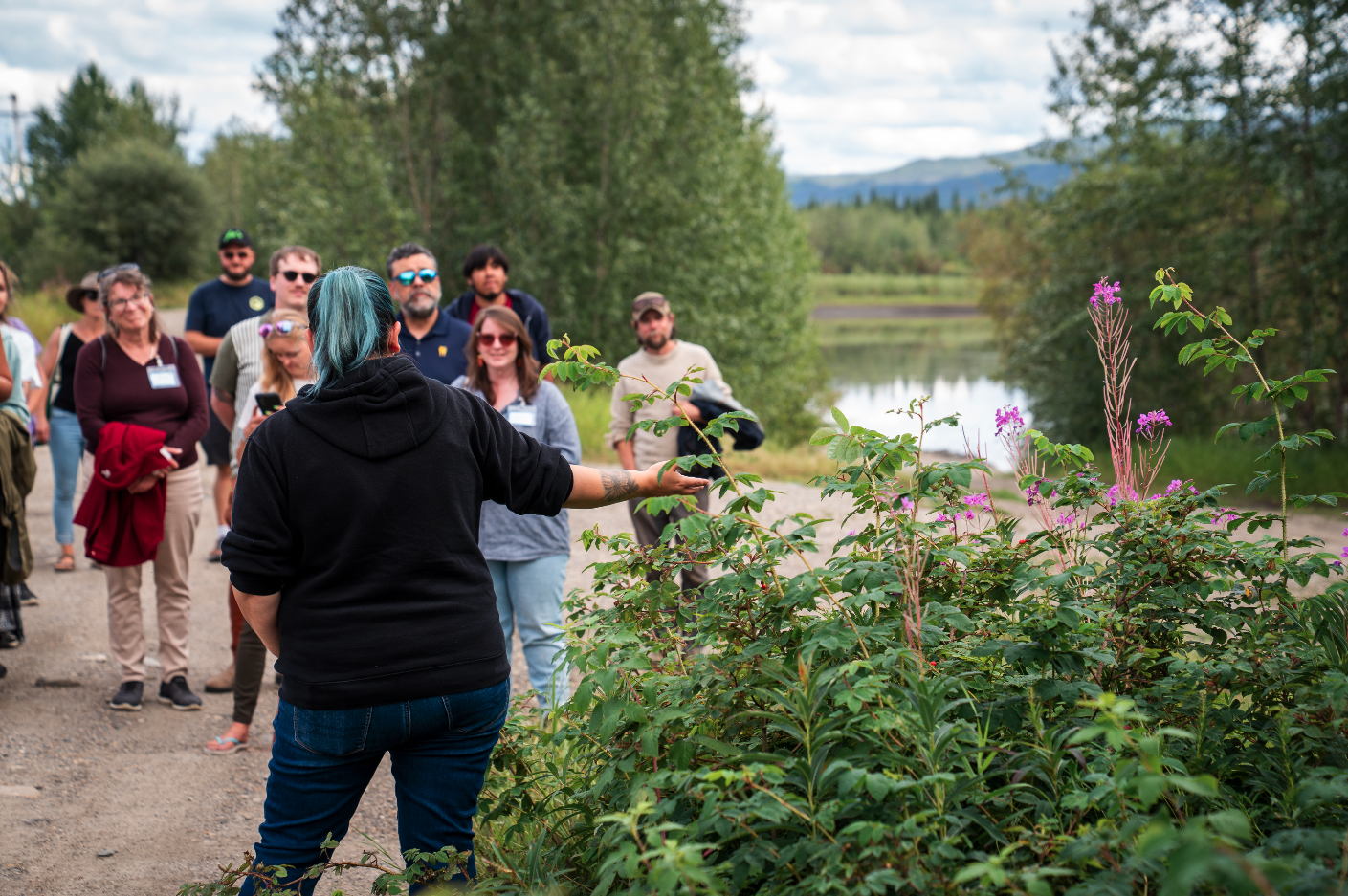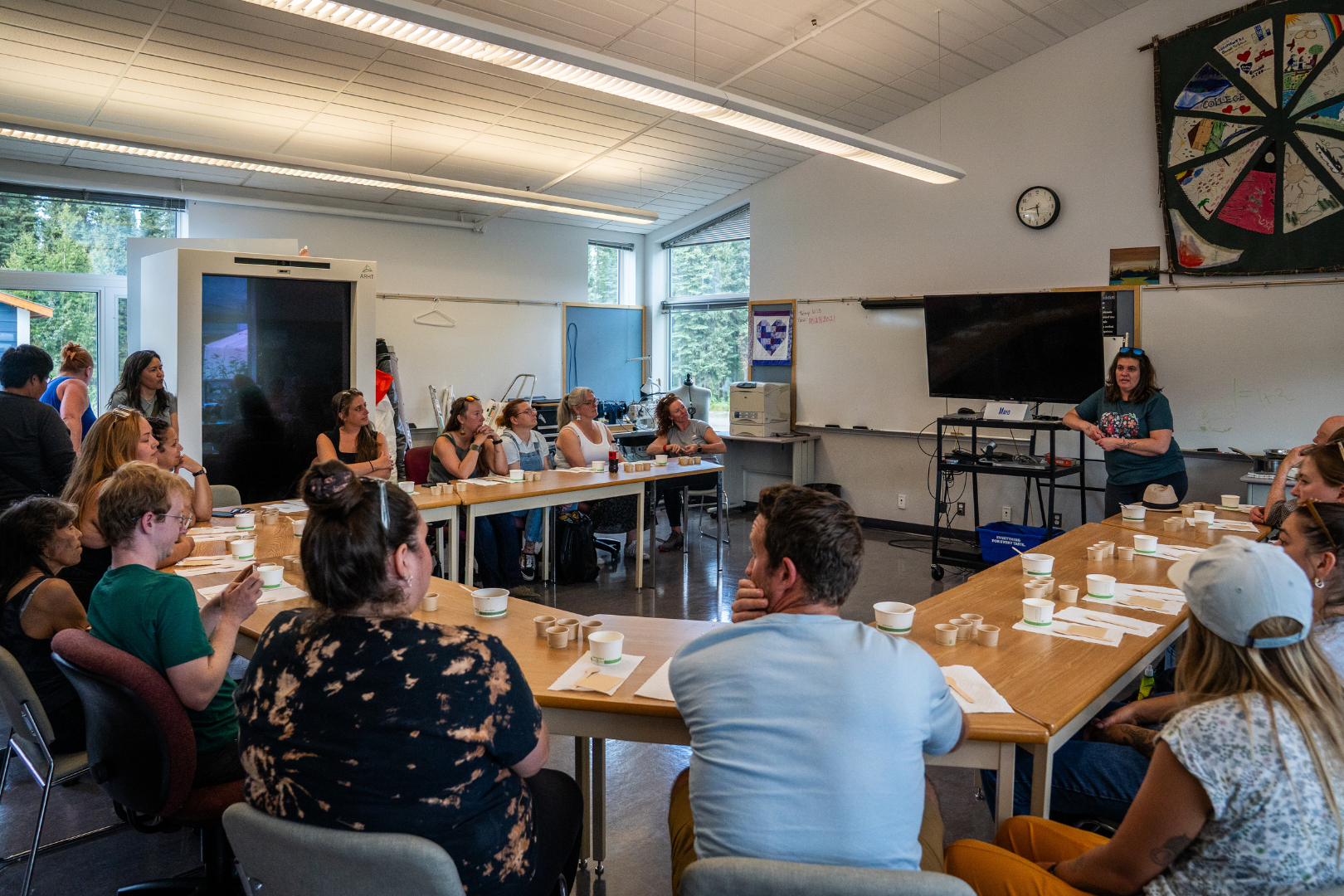2025 Yukon Food Security Conference:
Diversifying Food Systems
On August 12-14, 2025, The Yukon Food Security Network hosted Diversifying Food Systems, a conference exploring food sovereignty in the Yukon with a rural and youth focus.
With deep gratitude, we gathered at Tr'ondëk Hwëch'in Farm and spent a day in Mayo at the Na-Cho Nyäk Dun Garden, Ihdzì Community Hub, and Yukon University Mayo.

Watch our Panels
Each discussion highlights diverse perspectives on Northern food security, featuring voices from across the Yukon and beyond. Watch the conversations and get to know the panelists at the links below.
First We EatIndigenous Food SovereigntyA National Perspective & the NorthFarming in the KlondikeYouth LeadershipSchool FoodMeat Processing in the Yukon
Our conference opening and closing remarks can also be viewed at the links below.
Thank you to our funders...

.png)
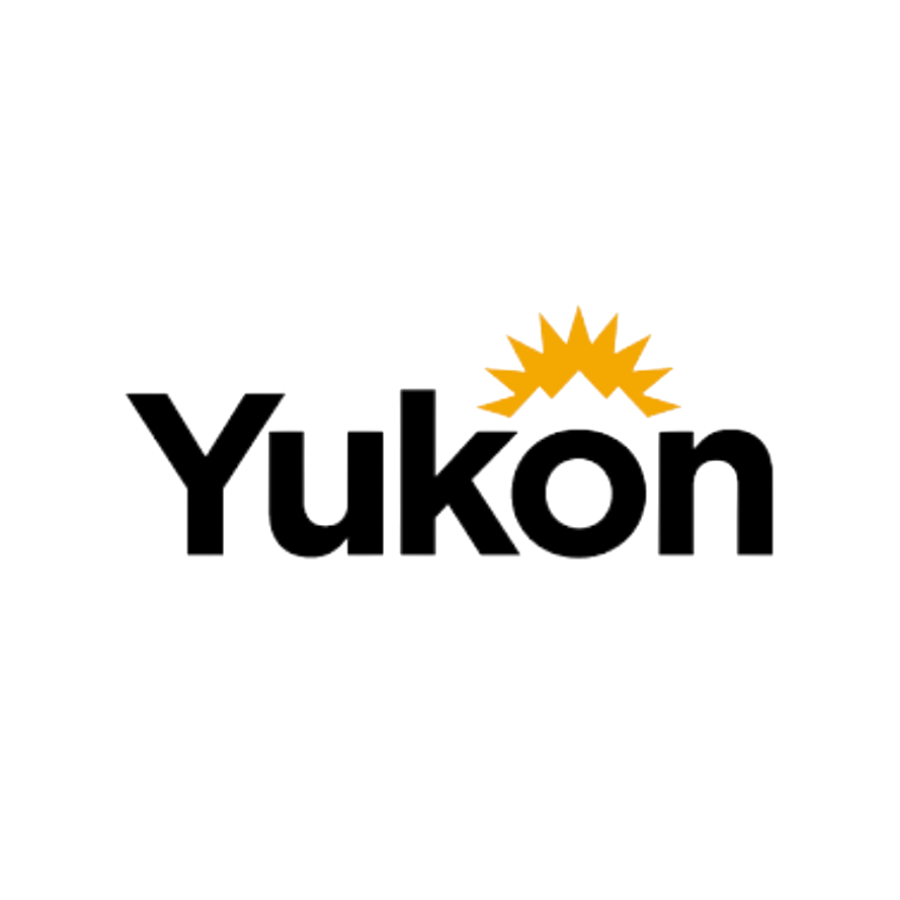
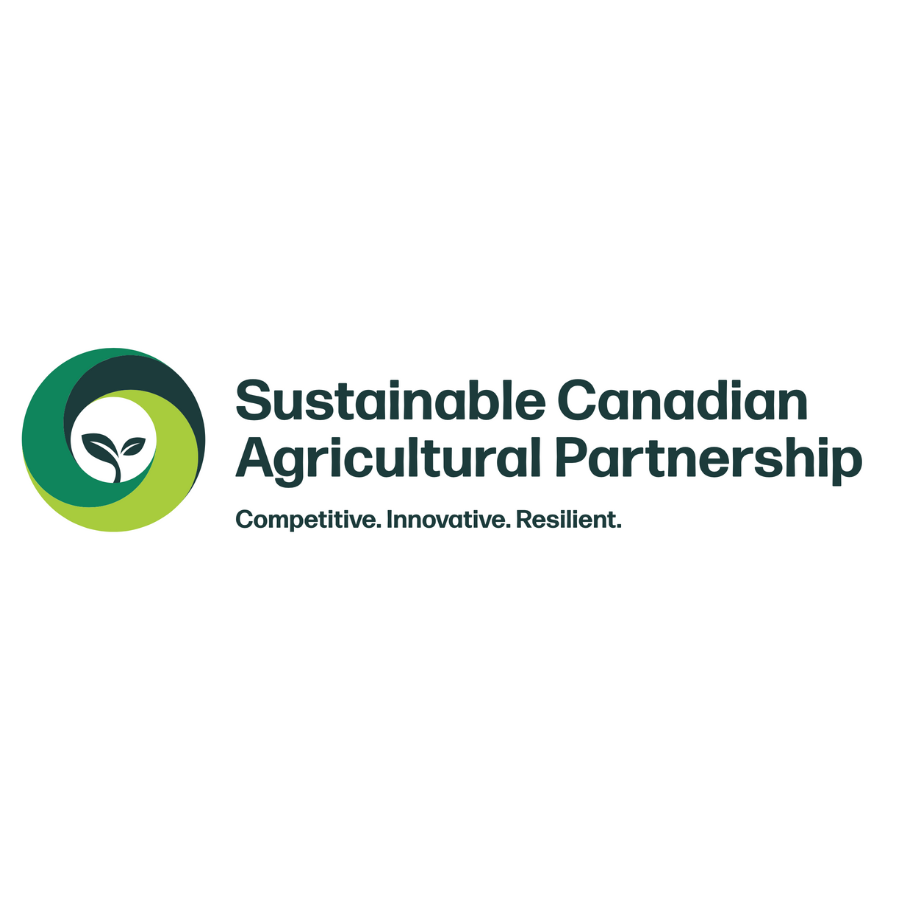
...and our sponsors.



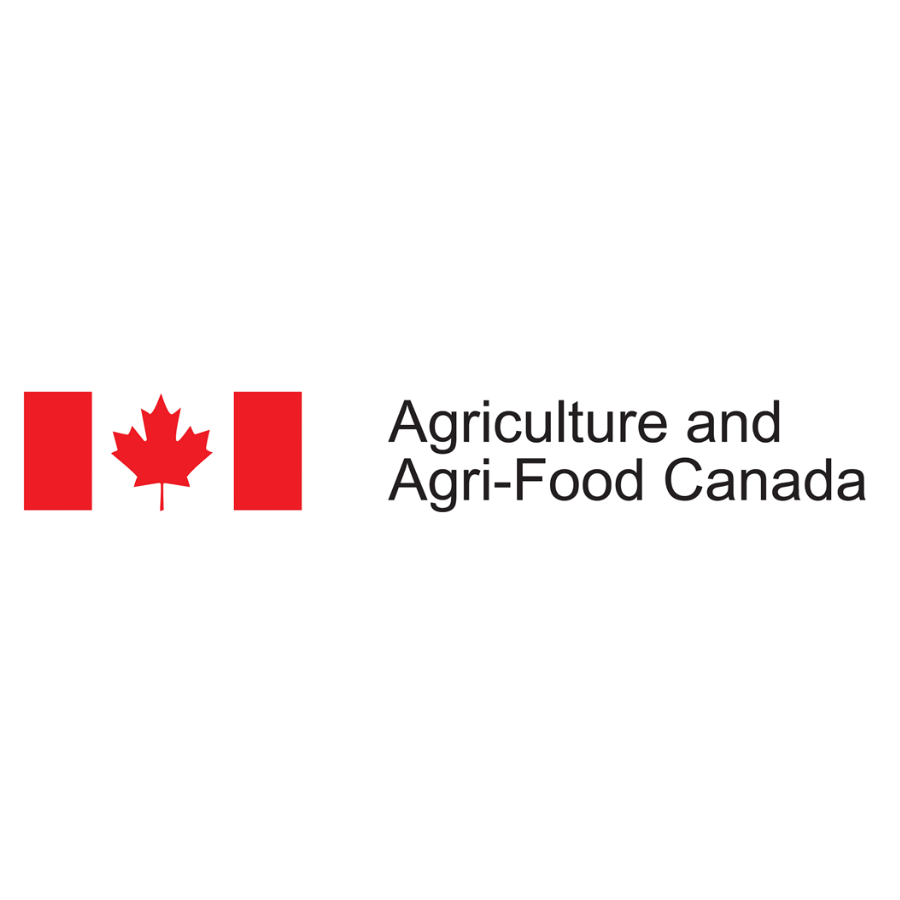

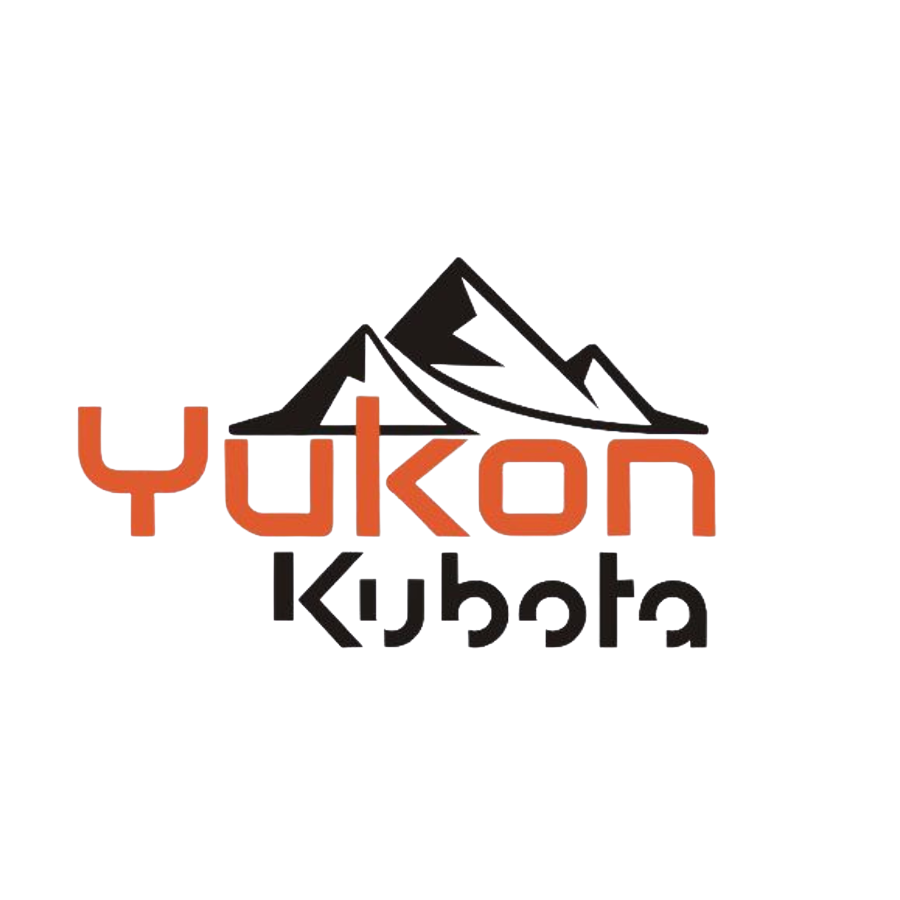
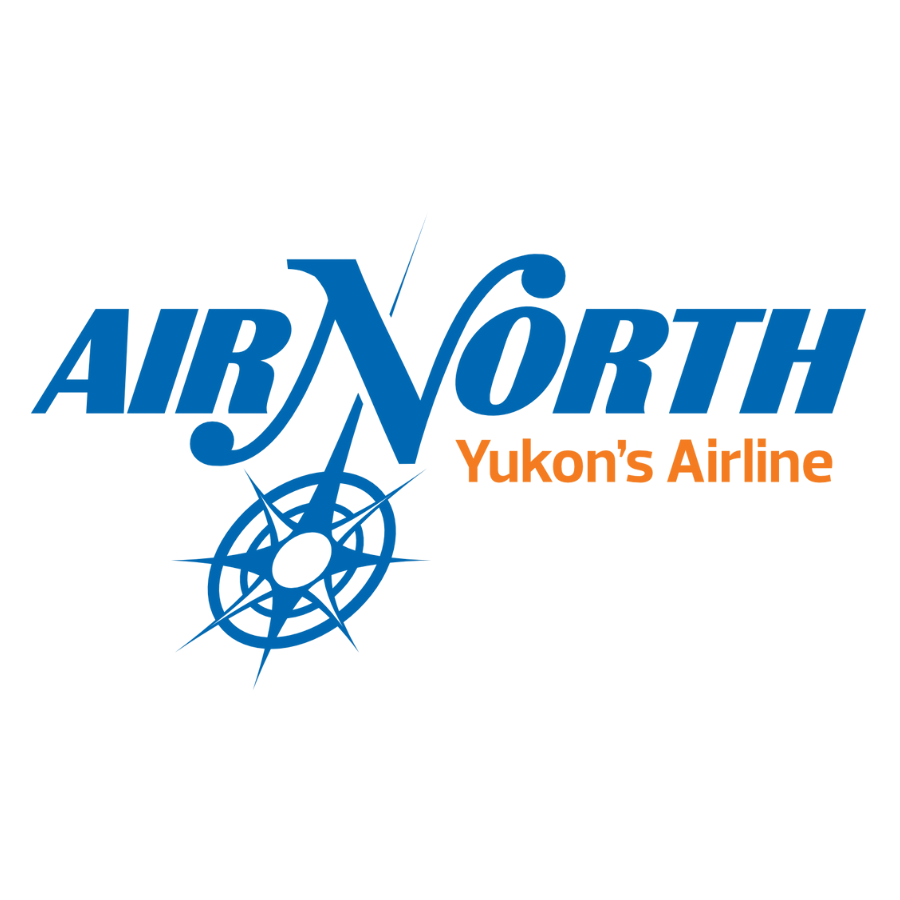
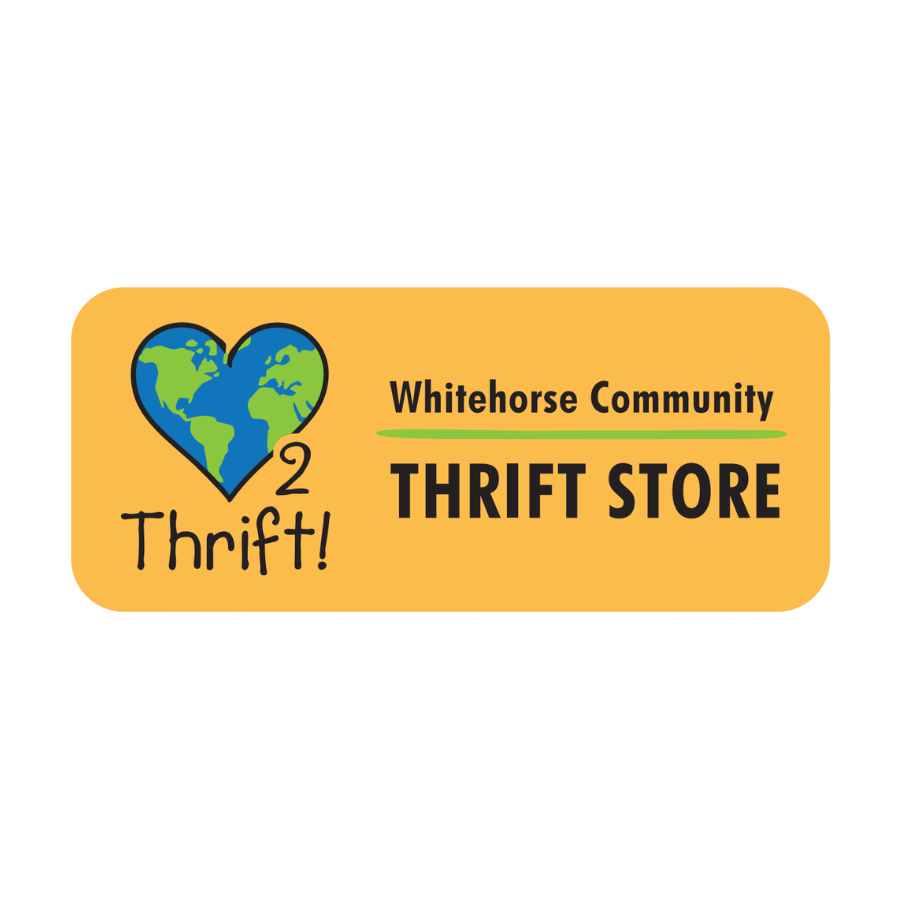
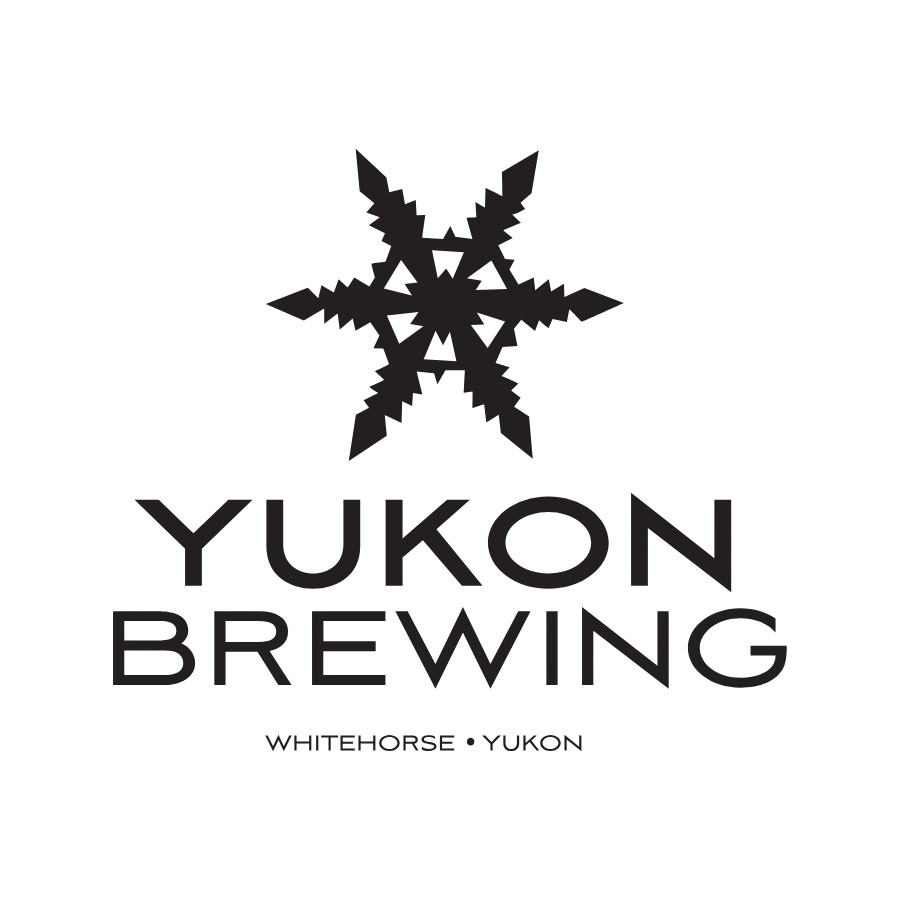
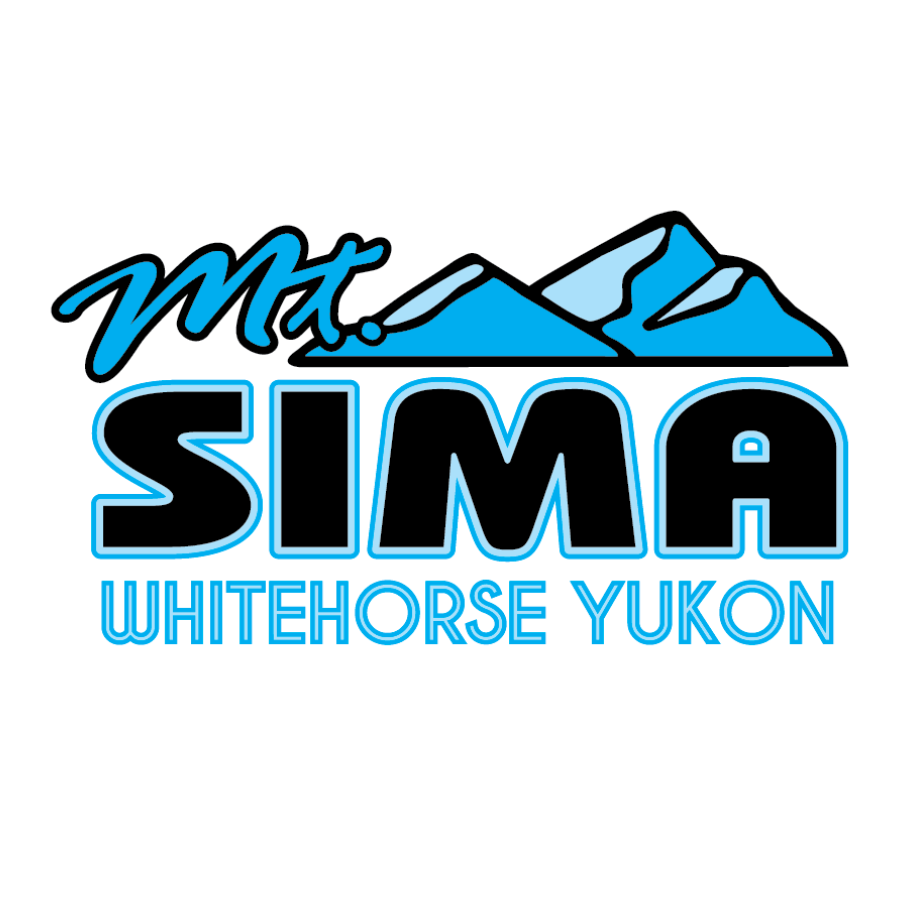

%20copy.png)


